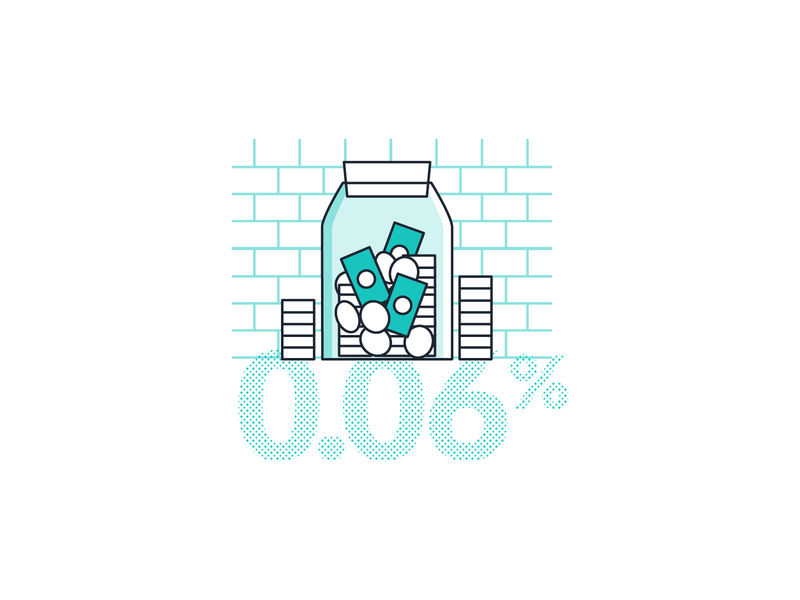The Financial Influence Of Back-Pedaling A Performance Bond
The Financial Influence Of Back-Pedaling A Performance Bond
Blog Article
Content By-
When a surety problems a performance bond, it assures that the principal (the party who purchases the bond) will satisfy their responsibilities under the bond's terms. If the major fails to satisfy these commitments and defaults on the bond, the guaranty is accountable for covering any type of losses or problems that result.
1. Loss of reputation: Back-pedaling an efficiency bond can harm the principal's credibility and integrity, making it tougher to secure future organization or financing.
2. Legal and administrative prices: The guaranty may need to pay lawful and administrative costs connected with going after the principal for problems or attempting to rectify the circumstance.
3. Monetary losses: The surety may need to cover the price of completing the task or giving the solutions that the principal fell short to supply. This can result in substantial economic losses for the guaranty.
4. Increased costs: If the principal has a history of back-pedaling performance bonds, they may be needed to pay higher premiums in the future to get the necessary bonding.
Generally, defaulting on a performance bond can have significant financial effects for both the principal and the guaranty. It is very important for principals to very carefully consider their responsibilities and guarantee they are able to meet the terms of the bond to avoid these adverse results.
Back-pedaling an efficiency bond can be a costly misstep for organizations. When you fall short to meet the bond's responsibilities, the monetary repercussions can be significant. From paying high risk bonds up to possible lawful battles and harmed relationships, the effects can resound throughout your company operations. Recognizing the elaborate internet of economic effects that back-pedaling a performance bond can have is vital for securing your firm's financial health and credibility.
Financial Penalties for Defaulting
If you back-pedal an efficiency bond, you'll likely deal with substantial financial penalties. These penalties can vary depending on the terms of the bond arrangement however often include paying the bond quantity completely to the obligee. This means that if you fall short to meet your contractual obligations, you have to pay the bond amount to the task proprietor or the entity that needed the bond.
Furthermore, you might also be in charge of any kind of additional costs incurred by the obligee due to your default, such as discovering a substitute service provider or covering job delays.
https://andreshcxrm.spintheblog.com/34239631/discovering-the-top-surety-bonding-firms-in-the-industry on a performance bond can additionally result in lawful fees and court costs if the obligee chooses to take lawsuit versus you to recover the bond amount. These expenditures can quickly accumulate, more aggravating the economic effect of your default. It's essential to meticulously evaluate and understand the regards to the performance bond to prevent these extreme punitive damages.
Effect On Business Capital
Defaulting on a performance bond can dramatically impact your organization cash flow, influencing monetary security and operational abilities. When you default on an efficiency bond, you run the risk of losing the bond amount, which can be a significant amount. This loss straight affects your capital, as you'll need to find alternate sources of moneying to cover the bond amount. Moreover, defaulting can cause raised analysis from sureties, making it tougher and much more costly to secure bonds in the future. This can further strain your capital as you might require to allocate extra sources to meet bonding requirements.
The effect on your cash flow doesn't stop there. Defaulting on a performance bond can additionally lead to project hold-ups or cancellations, bring about a loss of profits. Furthermore, the adverse credibility that comes with defaulting can deter possible clients, further reducing your capital. Generally, defaulting on an efficiency bond can have damaging effects on your organization's financial health and wellness and capability to run smoothly.
Lawful Ramifications and Suits
Dealing with legal ramifications and possible claims as a result of defaulting on an efficiency bond can dramatically affect your company's reputation and financial standing. When you back-pedal a performance bond, the surety company might take legal action to recuperate the bond amount paid out. This could cause costly lawful fees, court costs, and possible negotiations or judgments versus your company.
Additionally, definition surety bond on an efficiency bond might bring about damaged relationships with clients, subcontractors, and distributors, affecting your capacity to protect future agreements. Suits occurring from bond defaults can stain your organization's reputation in the sector, making it challenging to draw in new companions or consumers.
Furthermore, if the default causes a court judgment versus your organization, it can cause property seizure or liens, additionally straining your financial stability. Consequently, it's important to comprehend the lawful ramifications of defaulting on a performance bond and take proactive steps to reduce the risks entailed.
Verdict
As you deal with the consequences of back-pedaling an efficiency bond, remember this: it's like strolling a tightrope without a safeguard. One wrong relocation can send you dropping right into a financial freefall, without method to stop the autumn.
The financial penalties, cash flow effect, and legal implications are all waiting to capture you if you mistake. So step meticulously, and constantly honor your commitments to stay clear of the harsh effects of default.
